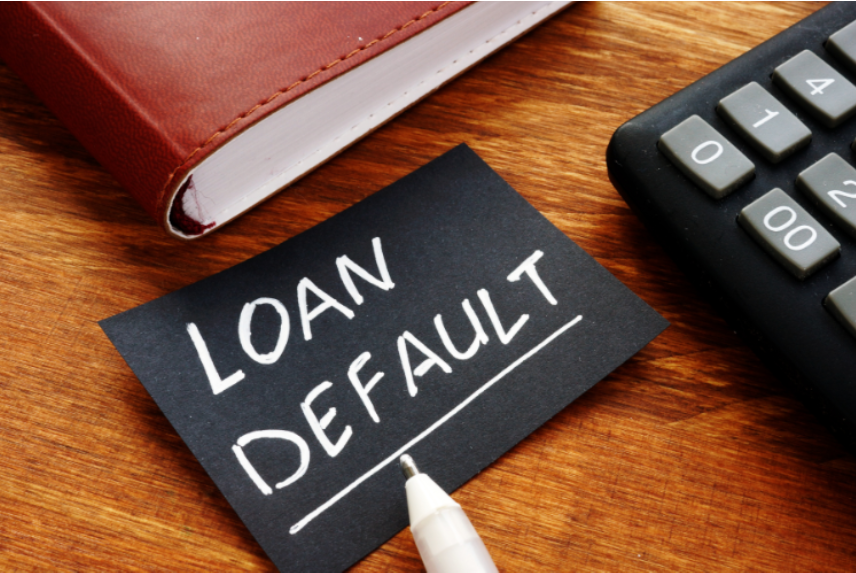
Defaulting on Finances
Any time a borrower violates (or breaches) one or more clauses in a loan agreement, it is considered a debt default event.
A loan agreement is used when a lender gives a borrower credit, and it contains the terms of the loan. These loan agreements often have a provision that expressly outlines what constitutes a debt default event and the creditor’s legal options for resolving it.
What Happens When You Default on a Loan?
Your credit score will suffer greatly if you default on a loan, which could lead to future loans with higher interest rates. The bank may confiscate your property if you are unable to make payments on a loan backed by collateral. The three types of consumer debt with collateral backing that are most widely used are mortgages, vehicle loans, and secured loans.
For unsecured debts such as credit cards and student loans, the repercussions of default can be severe. In extreme circumstances, debt collection companies may seize salaries (remove cash directly from your paychecks) to satisfy an unpaid debt.
What Steps Can You Take to Prevent Loan Default?
First and foremost, the process of taking out a loan and repaying it can be made simpler with a little planning. It doesn’t have to consume a lot of your time or energy. The following are a few points to keep in mind at various financing phases to prevent defaulting.
1. Prepare before taking out a loan.
Analyze your capacity to pay. The health of your finances and your ability to plan repayment are two factors that you, as a borrower, need to be certain of before applying for a loan. Do you have a reliable income source? What is your backup plan? Organize your income sources and projected cash flows to ensure you have enough emergency money to cover the possibility of default.
2. Research about your potential lender

You need to have a full grasp of what you are getting into; you won’t be spared just because you were ignorant of basic facts. Does your lender charge hidden fees? What are the loan terms and agreements? These are things you should know before making a choice
3. Set up automatic payments
It’s possible that you forget about your due dates; it’s better that you set up automatic payment so that you can be automatically debited and there won’t be any room for forgetfulness.
4. Be familiar with debt solution options

If you have seen the possibility of default, you will need alternatives. You could reach out to a friend or family member who could help you out. If they are unable to come through for you, you can consider a debt consolidation loan, a consumer proposal, or even bankruptcy. To know which option to go for, simply reach out to one of our debt experts at EmpireOne Credit.
Bottom Line
Life happens, so no one should be humiliated for defaulting on their loans. No one takes a loan with the intention of defaulting on it. The repercussions are not fun, but when you default, what should you do? Don’t panic, we have professional debt experts who will walk you through options that would be best for your current situation. All you have to do is reach out to us at EmpireOne Credit Solutions, we are here for you to get you out of debt. We offer a free and friendly consultation. Get in touch with us today, and let’s get you started on your journey towards financial freedom. You owe this to yourself, Debt free feels good!





